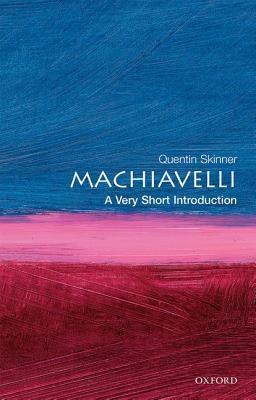What do you think?
Rate this book


110 pages, Paperback
First published January 1, 1981


"Machiavelli’s criticism of classical and contemporary humanism is thus a simple but devastating one. He argues that, if a ruler wishes to reach his highest goals, he will not always find it rational to be moral; on the contrary, he will find that any consistent attempt to cultivate the princely virtues will prove to be a ruinously irrational policy. But what of the Christian objection that this is a foolish as well as a wicked position to adopt, since it forgets the day of judgement on which all injustices will finally be punished? About this Machiavelli says nothing at all. His silence is eloquent, indeed epoch making; it echoed around Christian Europe, at first eliciting a stunned silence in return, and then a howl of execration that has never finally died away."
"The business of the historian, however, is surely to serve as a recording angel, not a hanging judge. All I have accordingly sought to do in the preceding pages is to recover the past and place it before the present, without trying to employ the local and defeasible standards of the present as a way of praising or blaming the past. As the inscription on Machiavelli’s tomb proudly reminds us, ‘no epitaph can match so great a name’."